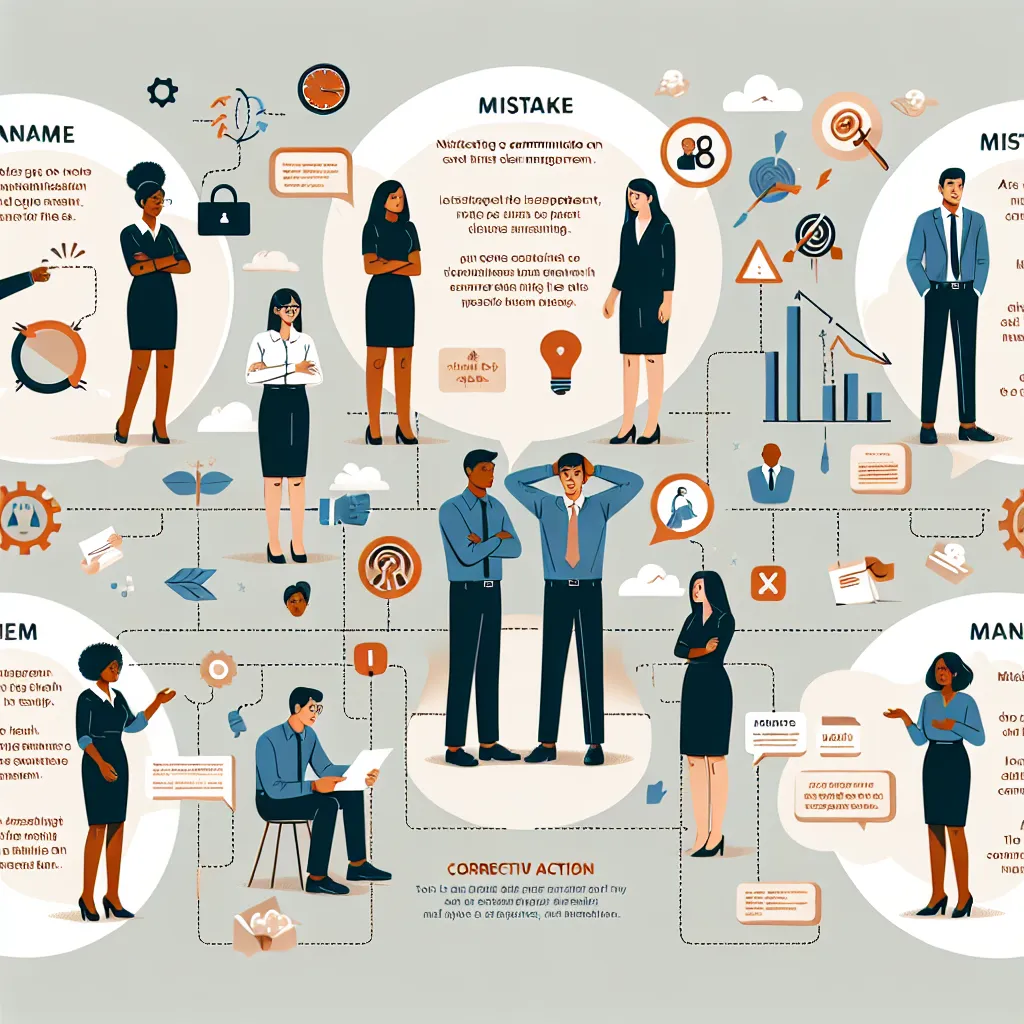In today’s competitive job market, being able to effectively answer questions about managing teams during an interview is crucial for aspiring leaders and managers. Whether you’re interviewing for a managerial position or aiming to showcase your leadership potential, understanding how to articulate your team management skills can significantly impact your chances of success. This comprehensive guide will provide you with valuable insights and strategies to help you confidently navigate questions about managing teams in your next interview.
Understanding the Importance of Team Management Questions
Questions about managing teams are a staple in many job interviews, especially for roles that involve leadership responsibilities. Employers ask these questions to assess your ability to lead, motivate, and coordinate a group of individuals towards achieving common goals. Your responses can provide valuable insights into your leadership style, problem-solving abilities, and interpersonal skills.
 Team Management Interview
Team Management Interview
Common Perspectives on Team Management
When evaluating candidates’ responses to team management questions, interviewers typically consider several key aspects:
- Leadership style and approach
- Ability to motivate and inspire team members
- Conflict resolution skills
- Communication effectiveness
- Decision-making abilities
- Adaptability to different team dynamics
Understanding these perspectives will help you frame your responses in a way that addresses the interviewer’s primary concerns.
Answering Key Team Management Questions
Let’s explore some common questions about managing teams and how to approach them effectively:
1. “Can you describe your leadership style?”
This question aims to understand how you approach team management and interact with your team members.
Example answer: “I would describe my leadership style as collaborative and adaptive. I believe in empowering team members by involving them in decision-making processes and encouraging open communication. However, I’m also able to be more directive when the situation requires it, such as during tight deadlines or crises. For instance, in my previous role, I led a project where I initially fostered a collaborative environment for brainstorming and planning. As we approached the deadline, I took a more hands-on approach to ensure we met our goals on time.”
2. “How do you motivate your team members?”
This question assesses your ability to inspire and engage your team to achieve optimal performance.
Example answer: “I believe in using a combination of strategies to motivate my team. Firstly, I make sure to understand each team member’s individual goals and aspirations, aligning their personal objectives with the team’s goals whenever possible. I also believe in recognizing and celebrating both individual and team achievements, no matter how small. Additionally, I promote a culture of continuous learning and growth, providing opportunities for skill development and career advancement. For example, in my last role, I implemented a mentorship program that not only improved team skills but also boosted morale and productivity.”
3. “How do you handle conflicts within your team?”
This question evaluates your conflict resolution skills and ability to maintain a harmonious team environment.
Example answer: “When conflicts arise, I approach them proactively and constructively. My first step is to encourage open communication between the involved parties, facilitating a discussion where each person can express their perspective. I focus on identifying the root cause of the conflict and guide the team towards finding a mutually beneficial solution. If necessary, I’m prepared to mediate and make decisions that are in the best interest of the team and the organization. For instance, I once had two team members disagreeing on project priorities. By organizing a meeting to clarify team goals and individual responsibilities, we were able to resolve the misunderstanding and improve our workflow.”
4. “How do you ensure effective communication within your team?”
This question aims to assess your communication skills and strategies for maintaining clear, open lines of communication.
Example answer: “I believe that effective communication is the cornerstone of successful team management. I implement several strategies to ensure clear communication within my team. Firstly, I establish regular team meetings and one-on-one check-ins to keep everyone informed and aligned. I also encourage the use of collaborative tools for real-time updates and document sharing. Additionally, I promote an open-door policy where team members feel comfortable approaching me with questions or concerns. To illustrate, in my previous role, I introduced a digital project management tool that significantly improved our team’s communication and productivity by centralizing all project-related discussions and updates.”
5. “How do you handle underperforming team members?”
This question evaluates your ability to address performance issues and support team members’ growth.
Example answer: “When dealing with underperforming team members, I take a supportive and constructive approach. First, I schedule a private meeting to discuss their performance, focusing on specific examples and listening to their perspective. Together, we identify the root causes of the underperformance, which could range from skill gaps to personal issues. We then develop a performance improvement plan with clear, measurable goals and regular check-ins. I ensure they have the necessary resources and support to improve. For instance, I once had a team member struggling with time management. By providing additional training and implementing a new task prioritization system, we were able to significantly improve their performance within two months.”
Handling Questions Outside Your Experience
Sometimes, you may be asked about managing teams in situations you haven’t directly experienced. Here are some tips for handling such questions:
- Be honest about your lack of direct experience, but demonstrate your willingness to learn.
- Draw parallels from related experiences or theoretical knowledge.
- Describe how you would approach the situation based on your understanding of effective team management principles.
Example answer: “While I haven’t managed a remote team before, I have experience collaborating with remote colleagues on cross-functional projects. I understand the importance of clear communication, setting expectations, and leveraging digital tools for effective remote work. If I were to manage a remote team, I would prioritize regular video check-ins, establish clear performance metrics, and create virtual team-building activities to foster cohesion.”
Common Mistakes to Avoid When Answering Team Management Questions
To make the best impression, avoid these common pitfalls:
- Being too vague or generic in your responses
- Focusing solely on your achievements without acknowledging team efforts
- Overlooking the importance of adaptability in leadership
- Failing to provide concrete examples to support your claims
- Neglecting to address how you handle challenges or failures
Instead, focus on providing specific examples, highlighting your ability to adapt to different situations, and demonstrating your commitment to continuous improvement as a leader.
 Common Team Management Mistakes
Common Team Management Mistakes
Follow-up Questions and Suggested Responses
Be prepared for these potential follow-up questions:
-
“How do you delegate tasks within your team?”
Suggested response: “I delegate tasks based on team members’ strengths and development goals. I clearly communicate expectations, provide necessary resources, and offer support while allowing autonomy.” -
“How do you foster creativity and innovation in your team?”
Suggested response: “I encourage brainstorming sessions, create a safe environment for sharing ideas, and implement a system for evaluating and implementing innovative suggestions from team members.” -
“How do you handle disagreements with your superiors about team management?”
Suggested response: “I approach disagreements professionally, presenting data-driven arguments and alternative solutions. I remain open to feedback and compromise to find the best solution for the team and organization.” -
“How do you ensure your team stays aligned with organizational goals?”
Suggested response: “I regularly communicate organizational objectives, connect team projects to broader goals, and use key performance indicators to track alignment and progress.” -
“How do you approach diversity and inclusion within your team?”
Suggested response: “I actively promote diversity in hiring and create an inclusive environment where all team members feel valued and heard. I also implement unconscious bias training and encourage diverse perspectives in decision-making processes.”
Conclusion
Mastering the art of answering questions about managing teams can significantly enhance your chances of success in job interviews for leadership positions. By understanding the key aspects interviewers look for, preparing thoughtful responses, and avoiding common pitfalls, you can effectively showcase your team management skills and leadership potential. Remember to always provide specific examples from your experience and demonstrate your commitment to continuous growth as a leader.
For more insights on acing your job interview, check out our guides on how to answer tough interview questions and how to answer questions about change management. These resources will further equip you with the tools you need to excel in your next interview and land your dream leadership role.




